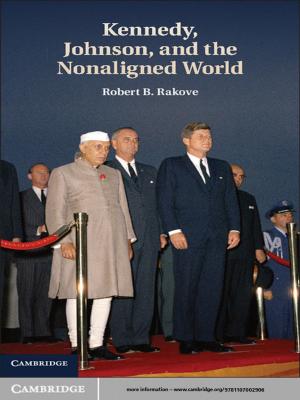China, India and the International Economic Order
Nonfiction, Reference & Language, Law, International, Business & Finance| Author: | ISBN: | 9780511850394 | |
| Publisher: | Cambridge University Press | Publication: | August 26, 2010 |
| Imprint: | Cambridge University Press | Language: | English |
| Author: | |
| ISBN: | 9780511850394 |
| Publisher: | Cambridge University Press |
| Publication: | August 26, 2010 |
| Imprint: | Cambridge University Press |
| Language: | English |
With contributions by a variety of internationally distinguished scholars on international law, world trade, business law and development, this unique examination of the roles of China and India in the new world economy adopts the perspectives of international economic law and comparative law. The two countries are compared with respect to issues concerning trade and development, the World Trade Organization, international dispute settlement, regional/free trade agreements, outsourcing, international investment, foreign investment, corporate governance, competition law and policy, and law and development in general. The findings demonstrate that, though their domestic approaches to economic issues diverge, China and India adopt similar stances at the international level on many major issues, recapturing images which existed during the immediate post-colonial era. Cooperation between China and India could provide leadership in the struggle for economic development in developing countries.
With contributions by a variety of internationally distinguished scholars on international law, world trade, business law and development, this unique examination of the roles of China and India in the new world economy adopts the perspectives of international economic law and comparative law. The two countries are compared with respect to issues concerning trade and development, the World Trade Organization, international dispute settlement, regional/free trade agreements, outsourcing, international investment, foreign investment, corporate governance, competition law and policy, and law and development in general. The findings demonstrate that, though their domestic approaches to economic issues diverge, China and India adopt similar stances at the international level on many major issues, recapturing images which existed during the immediate post-colonial era. Cooperation between China and India could provide leadership in the struggle for economic development in developing countries.















